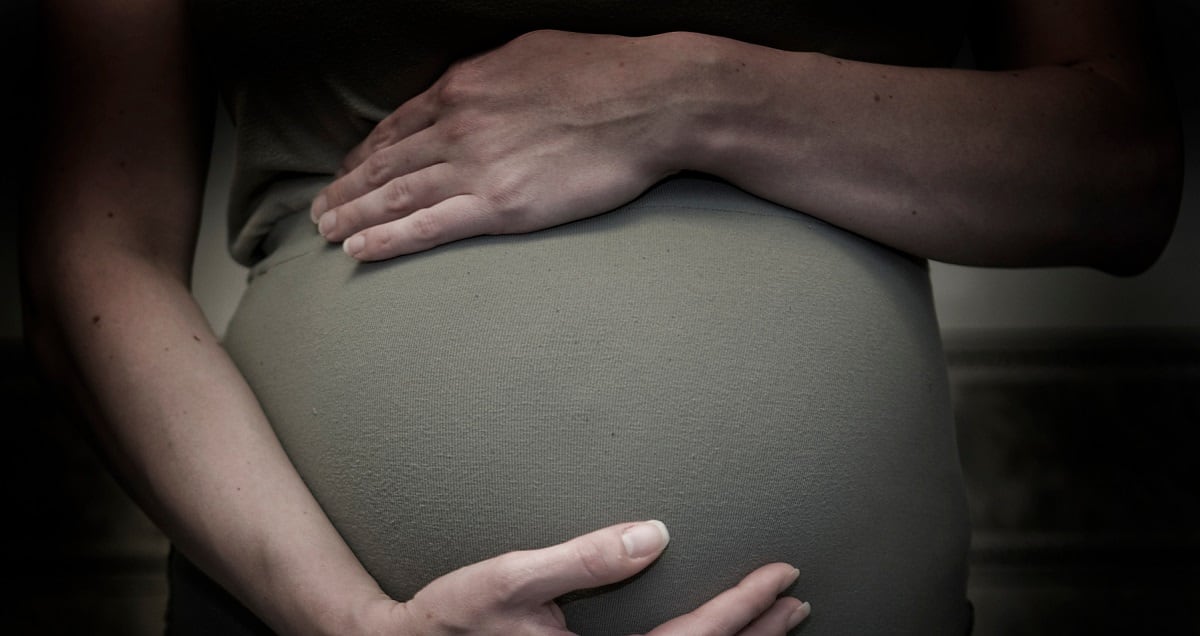Service members seeking fertility treatments are about to have a lot more options, thanks to a lawsuit filed last year.
The Defense Department has decided to lift previous regulations that only covered in-vitro fertilization for legally married couples using their own sperm and eggs, according to a Dec. 26 court filing in the New York state lawsuit.
A new policy is due out next month that will allow single troops, unmarried couples and any service members using donor sperm or eggs to have their treatment covered, according to a release from Yale Law School, which filed the suit on behalf of National Organization for Women – New York City in August.
Under the revised policy, service members in any relationship status can have IVF covered. They can also use donor sperm or eggs, where previously TRICARE would only cover IVF if the couple seeking treatments provided their own cells, excluding anyone who cannot produce viable sperm or eggs.
“We applaud the Department of Defense for working to expand access to fertility treatments for service members ... But this is only the first step,” Sonia Ossorio, NOW-NYC’s executive director, said in a statement. “We will continue to challenge DoD and VA to remove all discriminatory barriers so that each and every service member and veteran who needs this reproductive care can access it.”
RELATED

Though the government’s filing says that DoD expects to field a new IVF policy in February, the Pentagon was not able to confirm that timeline by Military Times’ deadline on Wednesday.
The Department of Veterans Affairs, also named in the lawsuit, has agreed to review its policies, according to the court filing, which currently only covers heterosexual married couples for such treatment.
The ongoing lawsuit also takes aim at a policy dictating that troops and veterans seeking fertility treatments can only have them covered if their infertility is considered service-linked. Examples include certain chemical exposures or injuries to reproductive organs.
And that coverage only applies to service members experiencing infertility but who can still safely carry a pregnancy, as IVF in conjunction with a gestational carrier, more commonly referred to as a surrogate, is not covered.
“Service members who delay child-rearing and need IVF because of basic demands of military life, like deployments and permanent changes of station, are ineligible for care,” Briana Thompson, a law student intern in the Veterans Legal Services Clinic at Yale Law School and former Air Force officer, said in the Wednesday release. “These stringent requirements are unlawful, out of step with IVF benefits provided to other federal employees, and antithetical to the centrality of the military family to readiness.”
Meghann Myers is the Pentagon bureau chief at Military Times. She covers operations, policy, personnel, leadership and other issues affecting service members.





